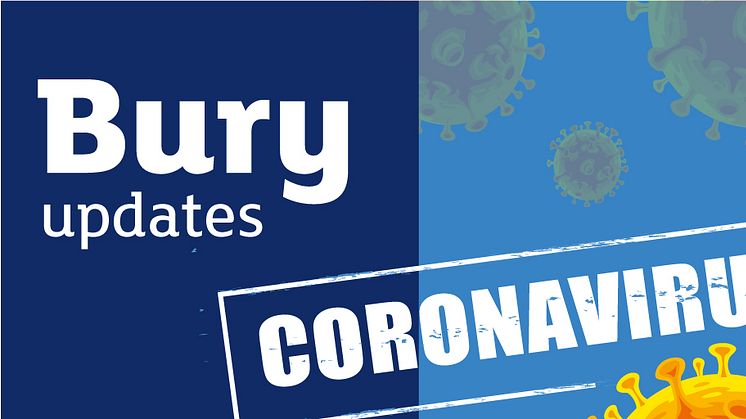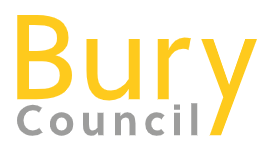
Press release -
Young adults now biggest cause of new Covid-19 cases in Bury
The highest number of new coronavirus cases in Bury are among those aged 18-39, accounting for more than half of all those tested positive.
Figures reveal that the weekly infection rate in Bury has risen again, with 51 confirmed new cases in the week ending 8 August – up from 38 the previous week, and 22 the week before that.
The 7-day infection rate in Bury is now 26.8 per 100,000 population, up from 20.0 last week and 11.5 previously.
Transmission among households is also a main factor in driving the increase, say health and council leaders.
Councillor Andrea Simpson, cabinet member for health and wellbeing, said: “This is the fourth weekly rise in a row in Bury. While the overall numbers are relatively low, we are now recording more than double the number of cases we had just a fortnight ago, which is a serious cause for concern.
“Our data suggests that transmission among households is a leading cause of this increase, and cases are spread across the borough, from Ramsbottom down to Sedgley Park.
“And now we’re seeing that under-40s are the highest category of new cases.
“It’s simple – we must follow the rules or face the prospect of being put back into full-blown lockdown.”
In Bury and Greater Manchester:
- you must not meet people you do not live with inside a private home or garden.
- you must not visit someone else’s home or garden - even if they live outside the affected areas.
- you should not socialise with people you do not live with in other indoor public venues – such as pubs, restaurants, cafes, shops, places of worship, community centres, leisure and entertainment venues, or visitor attractions.
Face coverings must be worn in shops/supermarkets, public transport, banks and post offices, cinemas/theatres, places of workshop, libraries/museums and community centres.
Wash your hands frequently and stay two metres apart wherever possible.
The Government has published a list of Frequently Asked Questions on what you can and cannot do: https://www.gov.uk/guidance/north-west-of-england-local-restrictions-what-you-can-and-cannot-do
Cllr Simpson added: “Our licensing officers, and the police, have been out visiting premises and households where people are allegedly breaking the law and not following the guidance, and will take enforcement action where necessary.
“But this is all about people taking individual responsibility for their actions. Even if you don’t care about catching the virus yourself, at least think about others who you may pass the virus to – we’ve already had 240 deaths in Bury from coronavirus, and we don’t want a single one more.”
ENDS
Press release issued: 13 August 2020.
Note to editors:
Bury’s data is based on the number of confirmed cases, which explains why it differs from Greater Manchester/England data which is based on positive tests (which may include multiple tests on the same person).
The four-week summary in Bury:
Week ending 8 August: infection rate 26.8 (51 cases)
Week ending 1 August: infection rate 20.0 (38 cases)
Week ending 25 July: infection rate 11.5 (22 cases)
Week ending 18 July: infection rate 9.9 (19 cases)
New case breakdown by neighbourhood (week ending 8 Aug):
North: 2 cases (infection rate 4.7)
East: 20 cases (54.8)
West (includes Radcliffe): 8 cases (17.6)
Whitefield: 6 cases (20.0)
Prestwich: 15 cases (42.7)
Topics
Categories
Regions
Find us on: Facebook.com/burycouncil, Flickr.com/buryphotos. @burycouncil and bury.gov.uk

